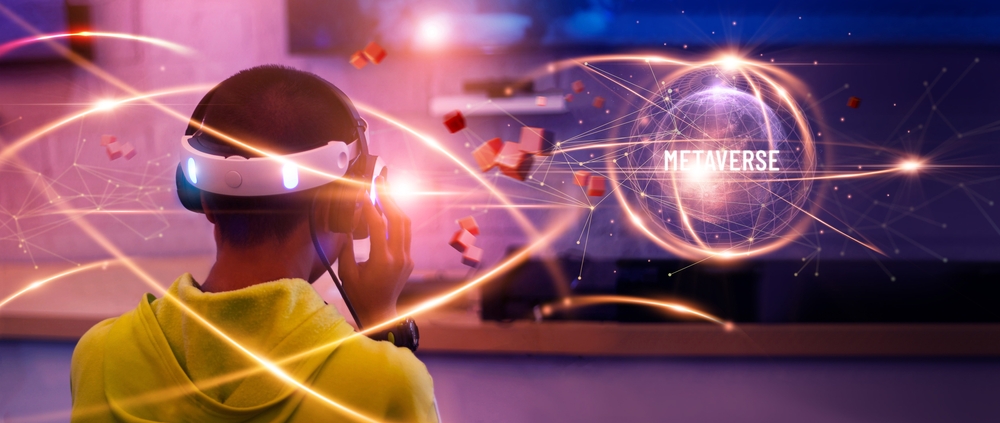The metaverse has captured the public imagination 一, but how will it shape the future of digital marketing? Brands are still learning to adjust to all the buzz it’s created in young, tech-savvy consumers.
However, companies like Nike and Facebook are driving global investment into the metaverse. But how could this shape future marketing campaigns?
What is the metaverse?
There was confusion when the Facebook Company changed its name to Meta in October 2021. Mark Zuckerberg’s announcement of the change introduced many people to the idea of a metaverse. Given the names, it’s easy to see why so many thought of it as a uniquely Facebook development.
The truth is, no one company owns it. The metaverse is a collection of virtual worlds that mirror our physical reality. Metaverse expert, Matthew Ball, lists some of the key characteristics of a metaverse:
● Existing in real-time
● Agency for player avatars
● Self-contained universes
● Always active, even when users are offline
● Develops through user-generated content (UGC)
● Cross-platform capabilities
How will the metaverse transform digital marketing?
Digital platforms are primarily driven by Gen Z users, consumer trends, and values. As the first digitally native generation, they grew up around online worlds.
The internet created a global sandbox where they could connect and share within pocket communities and niche circles. The next decade’s most valuable consumer group was primed for a metaverse long before brands caught on.
The metaverse is also gaining popularity at a time when e-commerce is looking for the next big surge. With Facebook focusing the bulk of its tech development on expanding into the metaverse, it’s set to pull in older demographics that otherwise wouldn’t have onboarded as quickly.
In essence: companies and consumers are looking at the metaverse as the next iteration of the internet, the foundation of digital marketing itself.
What opportunities does the metaverse provide?
Virtual Reality (VR) marketing brings brands and their audiences closer than ever.
Patrón Spirits tapped into its creative potential with a VR tour of its Hacienda distillery. They treated customers to an immersive experience from the perspective of a bee, complete with fun sound-design
With 48% of eligible Gen Zers showing no interest in driving, the automobile industry has kept a nervous eye on declining sales. Hyundai bridged the gap by partnering with Roblox, a gaming platform dominated by users aged 15 and under (67%).
Their Mobility Adventure campaign lets gamers explore a virtual world with Hyundai’s future mobility solutions, establishing a long-term connection with young consumers.
The metaverse creates consumer experiences like no other. Done right, brands could soon optimise it for:
● Personalising virtual retail
● Experiential marketing
● Cross-world collaborations
Why brands are starting to use the metaverse for their marketing?
With major industries investing in it globally, the possibilities are as endless as the metaverse itself. A 2021 study on the main reasons users would join the metaverse ranked them as follows:
● Work possibilities (52%)
● Art and entertainment (48%)
● Investment (44%)
● Education (40%)
● Online dating and socialising (32%)
● Gaming (29%)
The metaverse offers an attractive medium for advertising and engagement when it comes to digital marketing. Crucially, it’s where the next generation of consumers are spending their time online.
Brands that optimise for virtual reality could deliver value to their customers like never before. The metaverse opens new doors for skills development, recruitment, and next-level brand campaigns. It goes beyond virtual stores and interactive ads.




